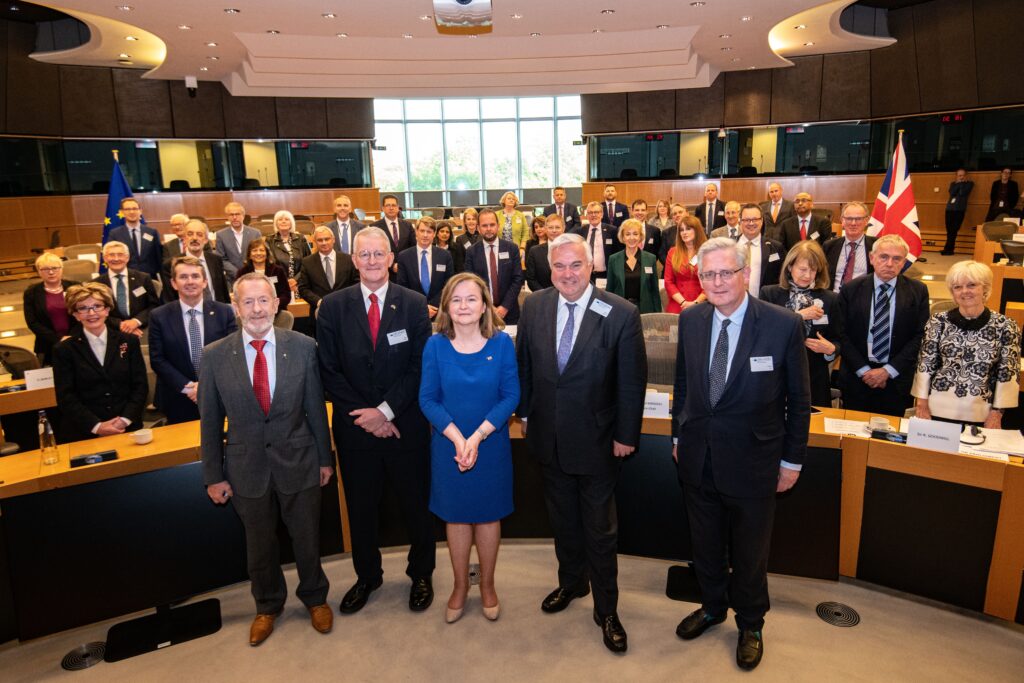
The Brexit vote was certainly a great disappointment to all of us who believe in the values of the EU project. However, I believe that the EU’s management of the fallout following the Brexit vote, and the years of negotiations which followed have been a show of strength of the Union. MEPs and Heads of Governments of the remaining EU Member States moved quickly and decisively to make it clear that Ireland, as the country which would be most affected, would not be left isolated. What Britain has lost has been a reminder to us all just how much Ireland benefits from the EU. This is part of the reason why 9 in 10 Irish people believe we should remain part of the EU. We have this strong commitment to the EU because we truly feel part of the EU family. We have an affinity with Europe that remains stronger than most other Member States.
On 17 October 2019, an agreement between the European Union and the United Kingdom was reached, finalising the text of the Withdrawal Agreement. This agreement received unanimous endorsement from the European Council.
After completing the ratification processes in both the EU and the UK, the UK officially departed from the EU on 31 January 2020, but the Withdrawal Agreement Stipulated a transition period which lasted until the end of the year. Included within the Withdrawal Agreement is a Protocol on Ireland/Northern Ireland, establishing a more enduring set of arrangements to address the challenges posed by Brexit on the island of Ireland.
Negotiations regarding the future relationship between the EU and the UK commenced on 5 March 2020 with a preliminary agreement reached on 24 December 2020 and principle texts were agreed on trade and cooperation, security of information and cooperation on the uses of nuclear energy. The terms of this agreement were implemented on 1 January 2021.
During a long and complex period of negotiations, my priorities were:
Therefore, I welcomed the important and extensive recognition of the unique circumstances of the island of Ireland in the European Parliament’s official position on Brexit released in April 2017. An overwhelming majority of MEPs adopted this Resolution, in which Ireland was the only EU country to have been specifically highlighted in relation to Brexit. The Parliament’s Resolution states that all means and measures consistent with European Union law and the 1998 Good Friday Agreement should be used to mitigate the effects of the United Kingdom’s withdrawal on this border between Ireland and Northern Ireland. The Protocol also sets out that the integrity of the single market, and Ireland’s place in it are protected and provides that Northern Ireland remains in the UK customs territory and also remains aligned to a limited set of EU Single Market rules to avoid a hard border.
Despite Brexit, the UK and the EU remain neighbours and continue to share common interests and values on the global stage. Hence, the slow advancement in negotiations during the preceding UK administrations was notably unfortunate. However, the relationship between the UK and the EU has seen improvement since late 2022, culminating with the political agreement on the Windsor Framework.
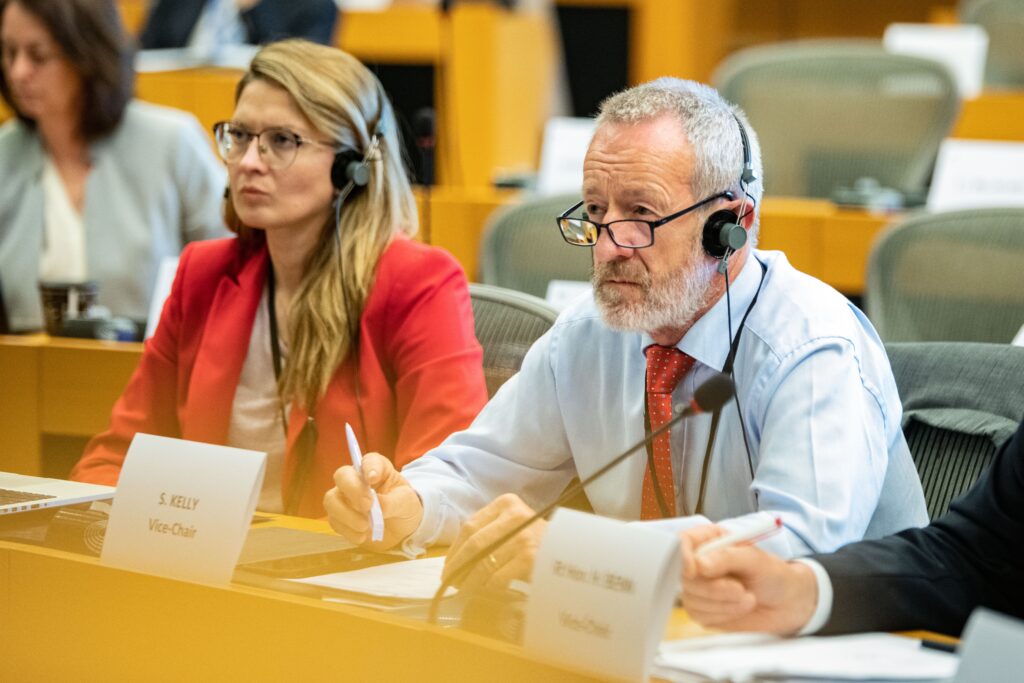
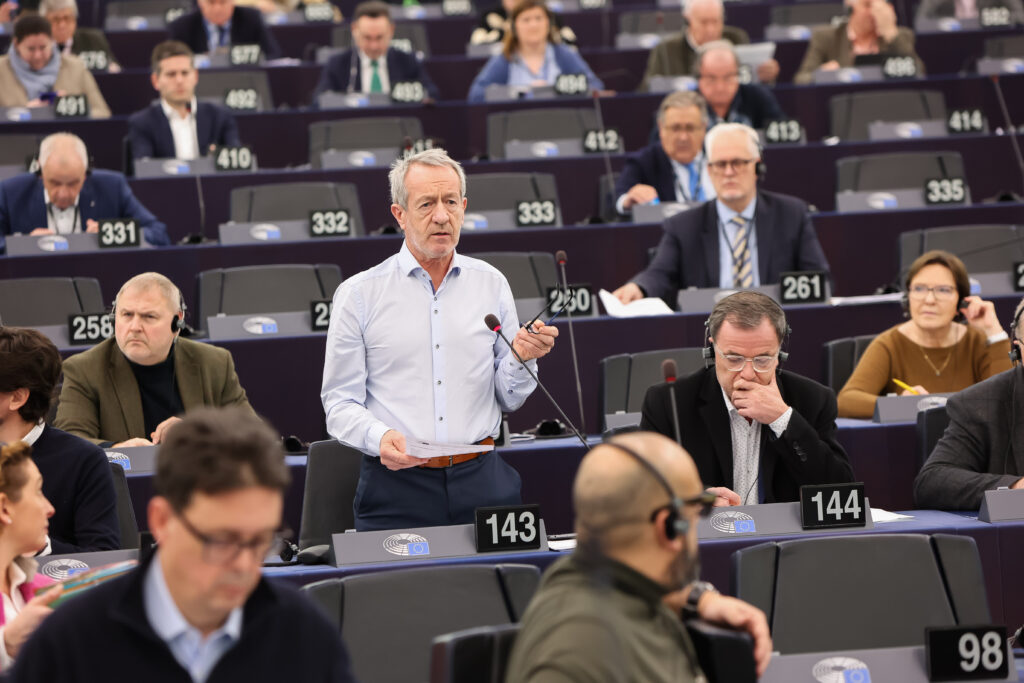
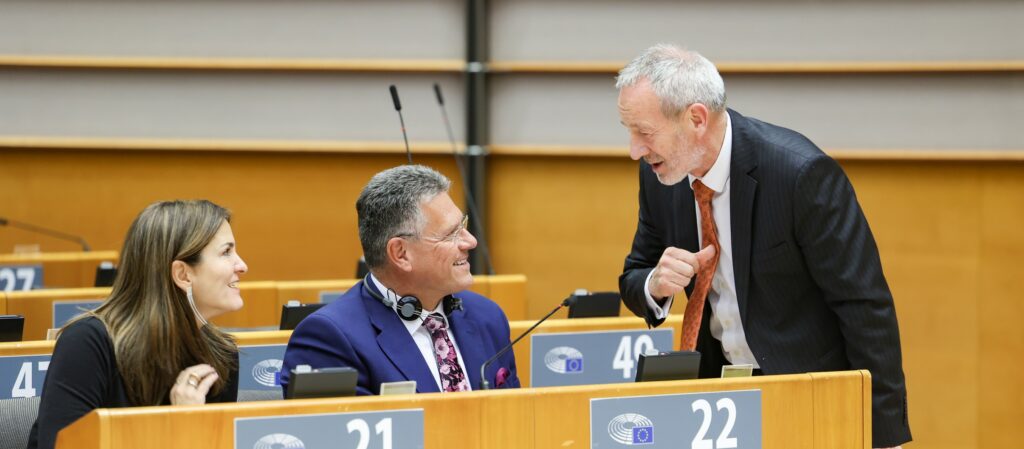
In November of 2023, my report on the Implementation of the EU-UK Trade and Cooperation Agreement received near-unanimous backing in the European Parliament, with 512 in favour, 9 against, and 42 abstentions, highlighting the unity among MEPs from across the political spectrum.
This report is the first step in not only assessing the operation of the EU-UK Trade and Cooperation Agreement but also outlining practical measures to enhance our relationship with the UK while upholding our commitments.
Covering key areas such as the institutional framework, trade, the level playing field, specific sectoral issues, thematic cooperation, and foreign and security cooperation, the report provides a comprehensive analysis as well as outlining practical steps forward.
On 24 December 2020, the negotiating teams of the EU and UK, successfully concluded an agreement on the Trade and Cooperation Agreement, which officially took effect on 1 January 2021. This agreement facilitates tariff-free, quota-free trade and encourages sectoral cooperation in various crucial areas. It plays a vital role in preserving the integrity of the Single Market, crucial for our future prosperity, and ensures fair competition for our businesses. For additional details about the agreement, please refer to the European Commission website.
It is crucial to recognize that, despite the implementation of the Trade and Cooperation Agreement, Brexit has fundamentally altered the EU’s relationship with the UK. The UK is now positioned outside the EU Single Market and Customs Union. Consequently, new procedures have been instituted for businesses engaged in the movement of goods to, from, or through the UK, with the exclusion of Northern Ireland. Notably, the Protocol on Ireland/Northern Ireland, an integral component of the earlier-agreed Withdrawal Agreement with the UK, ensures that no new procedures are applicable to the movement of goods between Ireland and Northern Ireland.
As the Standing Rapporteur for the UK in the European Parliament’s Committee on International Trade, I led a campaign of national delegations belonging to the European People’s Party, calling for the speedy adoption of the Brexit Adjustment Reserve (BAR Fund) in order to help businesses and communities cope with delays and additional costs that Brexit has inevitably entailed. The BAR is a €5 billion fund to overcome the consequences of the UK’s withdrawal from the EU customs union and single market and is designed to support all member states over the period of 2021- 2025, while focusing on the most affected regions and sectors. Among other things, the fund has been crucial in compensating Irish businesses for lost trade, preserving jobs and helping coastal fishing communities.
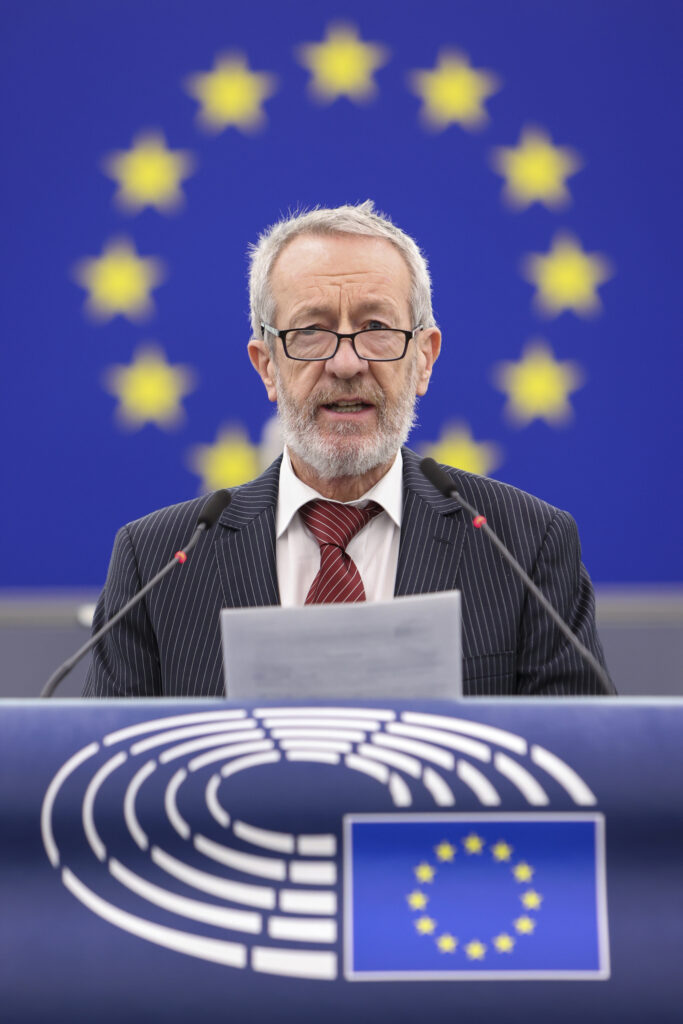
From an energy security perspective, Ireland has been highly dependent on Britain for gas supply. Up until December 2015, we were dependent on a single UK pipeline for 95% of gas supply on the island of Ireland, and soon will be back to 90% dependence as the Corrib gas field depletes. It was a matter of serious concern that Ireland risked being fully energy-reliant on a non-EU country. Reaching an agreement with Britain and the EU regarding the Single European Energy Market.
Post-Brexit, a new model for trading and interconnectivity of energy has been set up, with guarantees for open and fair competition, including on safety standards for offshore, and production of renewable energy. Ireland and the UK have signed agreements to scale-up co-operation on renewable energy and guarantee gas supplies to the island of Ireland. The agreement also sets out that in a scenario where supplies are disrupted, consequences will be spread equally, and neither party will suffer disproportionately.

We use cookies to improve our website and your experience when using it. Cookies used for the essential operation of this site have already been set. To find out more about the cookies we use and how to delete them, see our privacy policy.
